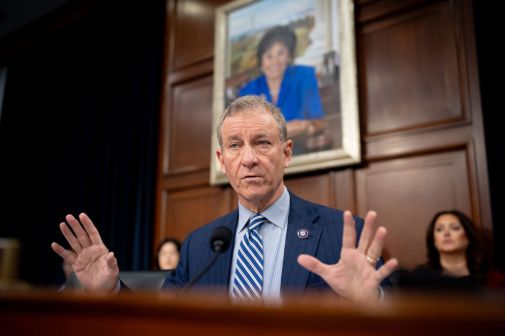After three years on Capitol Hill, the Digital Accountability and Transparency Act is finally heading to the president’s desk for passage.
The bill, passed unanimously in the House on Monday, would standardize the way the government publishes its spending data, and has been hailed by many as landmark open data legislation
“Agencies usually do not and cannot tell us how much taxpayer money has been spent on any given program,” Rep. Darrell Issa, R-Calif., said on the House floor shortly before securing the bill’s passage. “The American people deserve to know if their taxpayer dollars are being wasted or whether they are being spent wisely.”
Sen. Mark Warner, D-Va., a Senate sponsor of the bill, thanked fellow Senate sponsor Sen. Rob Portman, R-Ohio, and House sponsors Rep. Gerry Connolly, D-Va., and Issa for their bipartisan cooperation and work in getting the bill passed via Twitter.
“After three years of debate and negotiation over the DATA Act, Congress has issued a clear and unified mandate for open, reliable federal spending data,” Hudson Hollister, executive director of the Data Transparency Coalition and one of the original authors of the bill, said in statement.
According to Hollister, it is now time for Obama to put his open data policies into action by signing the DATA Act and committing the White House Office Management and Budget to “pursue robust data standards throughout federal financial, budget, grant and contract reporting.”
In fact, the language in the DATA Act would place several elements of the president’s open data policy, released nearly one year ago, into law.
“The administration shares Sen. Warner’s commitment to government transparency and accountability, and appreciates his leadership in Congress on this issue. The administration supports the objectives of the DATA Act and looks forward to working with Congress on implementing the new data standards and reporting requirements within the realities of the current constrained budget environment and agency financial systems.”
The bill was passed by the Senate on April 10.






